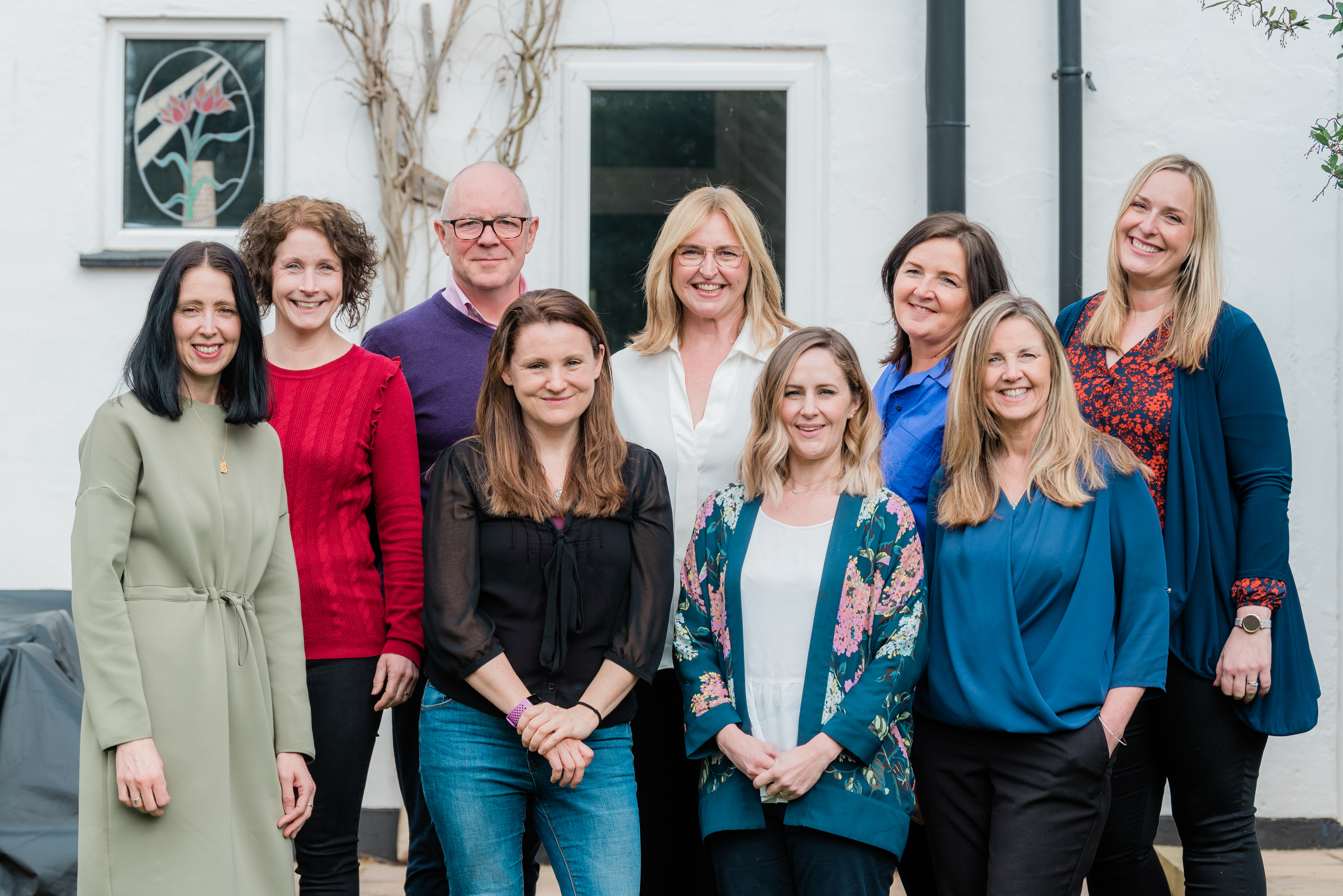

Ten2Two Ltd

Hertfordshire, United Kingdom
July 2024
Other professional, scientific & tech
Service with Minor Environmental Footprint
United Kingdom
Ten2Two is a pioneering recruitment consultancy specialising in part-time and flexible working arrangements. Founded in 2007, our vision is to foster workplaces where part-time professionals—often mothers—are genuinely valued for their talent and contributions, regardless of the number of hours they work. We excel in recruiting exceptional talent for flexible roles across all levels and sectors in business. As experts in flexible working, we also consult with businesses to successfully implement flexible working strategies, deliver returner programs, and engage effectively with parents in their workforce. We are passionate about making a positive impact on people’s lives and believe in being a force for good within our community. Our business is all about people, and we strive to provide the best possible service to our clients and candidates, ensuring a perfect match every time. We believe that happy employees lead to successful businesses, which, in turn, make the world a better place. Our brilliant, experienced team together with our core values—supportiveness, integrity, professionalism, and empathy—reflect our genuine care for the people and communities we represent. If we can help or to learn more, please contact Jane O'Gorman on jane@ten2two.org mobile 07854 055698.
Overall B Impact Score
Governance 17.4
Governance evaluates a company's overall mission, engagement around its social/environmental impact, ethics, and transparency. This section also evaluates the ability of a company to protect their mission and formally consider stakeholders in decision making through their corporate structure (e.g. benefit corporation) or corporate governing documents.
What is this? A company with an Impact Business Model is intentionally designed to create a specific positive outcome for one of its stakeholders - such as workers, community, environment, or customers.
Workers 39.6
Workers evaluates a company’s contributions to its employees’ financial security, health & safety, wellness, career development, and engagement & satisfaction. In addition, this section recognizes business models designed to benefit workers, such as companies that are at least 40% owned by non-executive employees and those that have workforce development programs to support individuals with barriers to employment.
Community 20.6
Community evaluates a company’s engagement with and impact on the communities in which it operates, hires from, and sources from. Topics include diversity, equity & inclusion, economic impact, civic engagement, charitable giving, and supply chain management. In addition, this section recognizes business models that are designed to address specific community-oriented problems, such as poverty alleviation through fair trade sourcing or distribution via microenterprises, producer cooperative models, locally focused economic development, and formal charitable giving commitments.
Environment 7.2
Environment evaluates a company’s overall environmental management practices as well as its impact on the air, climate, water, land, and biodiversity. This includes the direct impact of a company’s operations and, when applicable its supply chain and distribution channels. This section also recognizes companies with environmentally innovative production processes and those that sell products or services that have a positive environmental impact. Some examples might include products and services that create renewable energy, reduce consumption or waste, conserve land or wildlife, provide less toxic alternatives to the market, or educate people about environmental problems.
Customers 3.8
Customers evaluates a company’s stewardship of its customers through the quality of its products and services, ethical marketing, data privacy and security, and feedback channels. In addition, this section recognizes products or services that are designed to address a particular social problem for or through its customers, such as health or educational products, arts & media products, serving underserved customers/clients, and services that improve the social impact of other businesses or organizations.